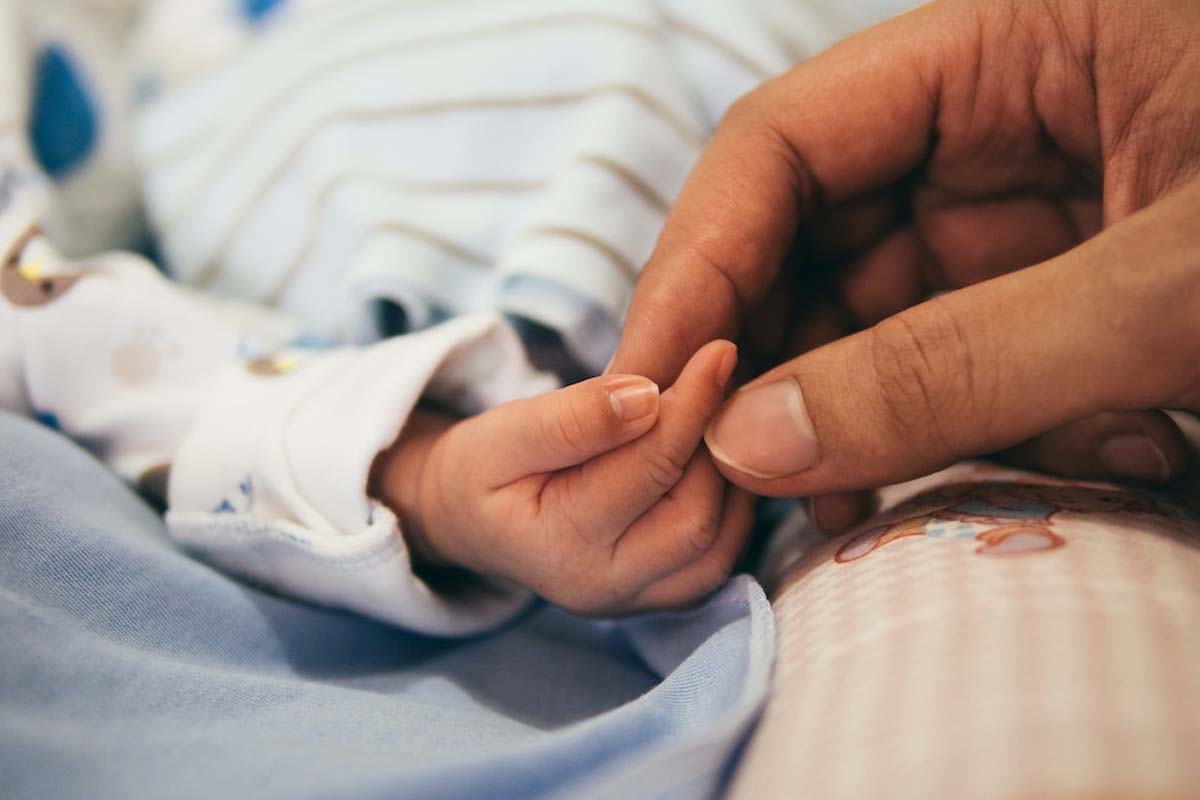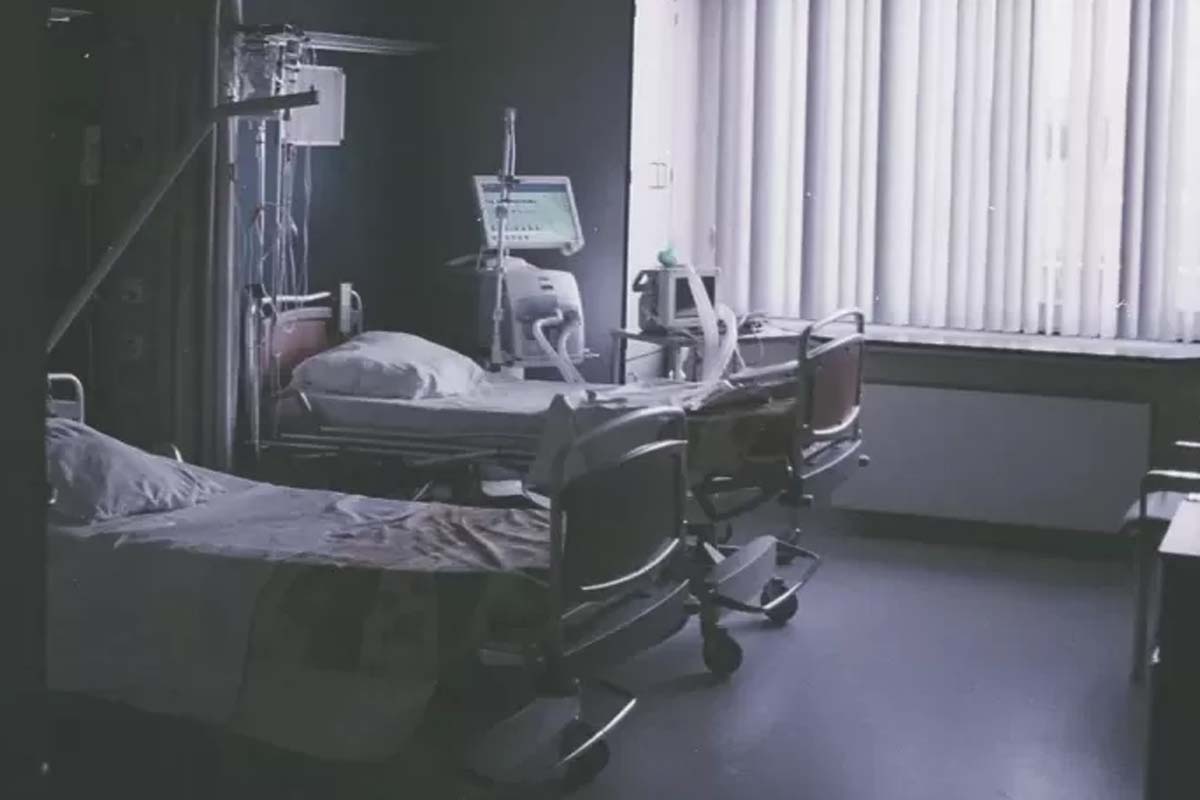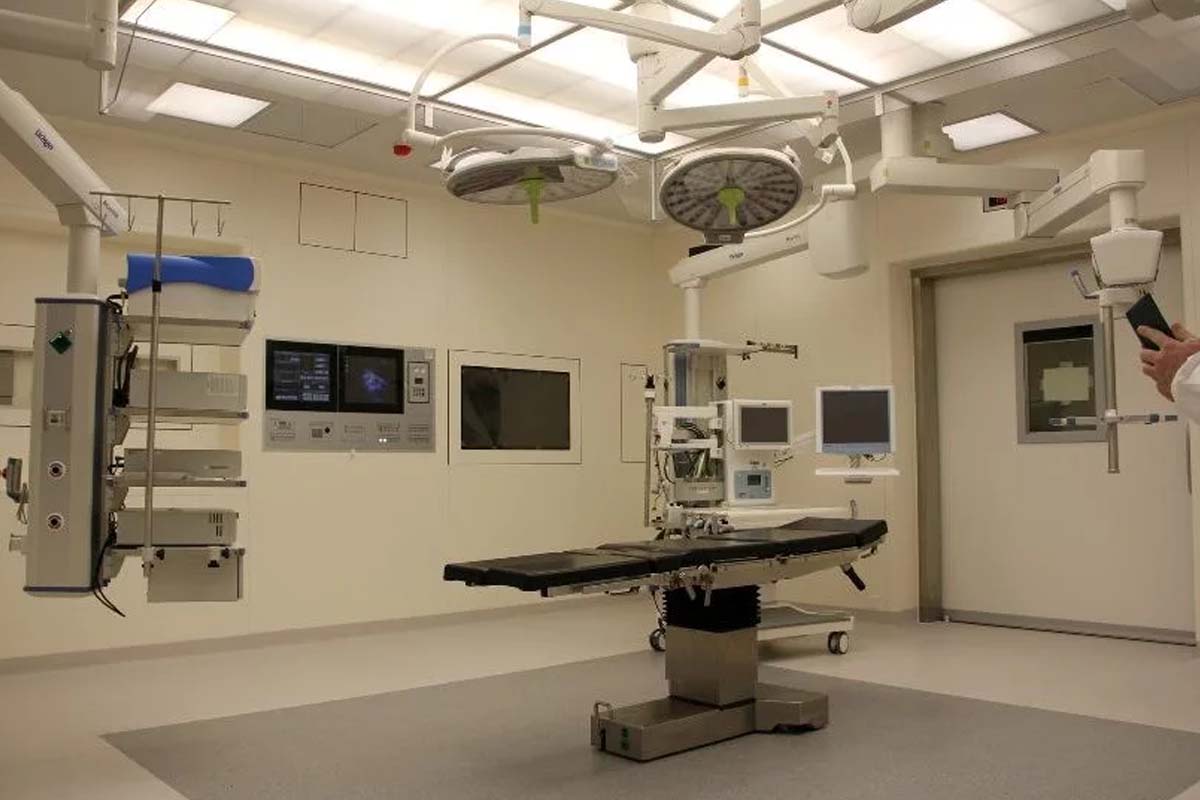A Complete Guide To Birth Injury Claims
Birth injury claims can be initiated if any injury that takes place during the process of childbirth can be termed as a birth injury. A birth injury can be physical damage like a skull fracture, broken bones, or arm or face paralysis. The essential aspect of childbirth is the delivery of a healthy baby after the end of pregnancy. However, unfortunately, this doesn’t always happen.
Sometimes, the medical staff commits unfortunate mishappenings that cause injury to the baby or the mother. These injuries to the infant can still be seen months or years after birth. We will help you walk through the process that is involved in the process of Birth Injury Claims.
There are two types of medical issues an infant can have. They are birth injuries and congenital disabilities. For, birth injury claim, you and your solicitor need to understand the difference between the two.

Birth Injuries
Birth injuries take place during or immediately post the delivery process. It can range from a broken bone, nerve injury or brain damage. Sometimes, birth injuries can be inevitable. However, it can also be a result of negligence from the medical team.
Birth Defects
A congenital disability develops when the baby grows in the mother’s womb and can impact any part of a baby’s body. The defect can be completely natural but can also be caused due to the hospital’s toxins or medications.
Common claims for failure to refer for further testing
The common claims for failure to refer for further testing range from the GP not sending a patient for blood tests to the hospital consultant not ordering an MRI when making a diagnosis.
You make the medical negligence claim* for the effects of the failure to refer for further testing on your life.
Common failure to refer for further testing claims:
Determining the cause of injury to the Baby/Mother
First, you have to determine the cause of the birth injury, that is, if the reason is due to the fault of medical professionals or is it natural (as discussed above). You can do it by examining the kind of injury that the baby has gone through. The injuries faced by a newborn as a result of medical negligence may have different medical complications. Such trauma can cause long term effects on the life of the child.
Here are some of the very common birth injuries:
Pregnancy Malpractice/Maternal Birth Injury
What is the main cause of birth injury?
Not every birth happens as per the plan. Doctors face various difficulties during delivery. When doctors cannot handle those complexities, the parents and the baby have to bear the consequences. This is the main reason behind birth injury. However, the injury can be completely natural as well due to the medication the mother was on.
How to go about Birth Injury Claims?
Birth injury claims are legal claims that a parent can file on behalf of a child if they have suffered from an injury during or soon after the delivery. It can be a result of medical negligence, but it also can be natural. You need to be careful while making such a claim. Before you start a claim, you should be ready with enough evidence to prove that the injury resulted from the negligence of the medical team. This is where our team can help you.
Primarily, we will provide you with a legal team with expertise in handling birth injury cases and medical malpractice. Based on the situation, the legal time limit for Birth Injury Claim keeps varying. It is paramount to keep in mind that medical negligence cases take a certain time frame in place in which you can bring up your respective claims.
For Birth Injury Claims, the set period is two years less a day following the incident’s date. The period can also be two years less a day following the date one claims the illness/injury was due to medical negligence. If you would like to discuss your case in a private and confidential manner please get in touch with our specialist team today.
If you require any further information, please do not hesitate to call us on 01 8344255. Alternatively you can simply request a callback and a member of our staff will contact you as soon as possible.
*In contentious business, a solicitor may not calculate fees or other charges as a percentage or proportion of any award or settlement.
Client Testimonials
Very professional service from start to finish, the communication was great and the whole process was made as stress free as possible. I would highly recommend Ronan and the team.
I have used Ronan and O’Reilly Doherty both professionally and personally, I couldn’t recommend them anymore just brilliant to deal with from start to finish. Thanks Guys.
Fantastic to deal with would highly recommend.
Very friendly and extremely helpful. Thank you.
Superb service, cannot recommend them highly enough.






